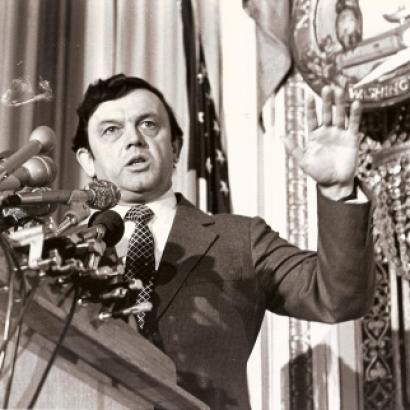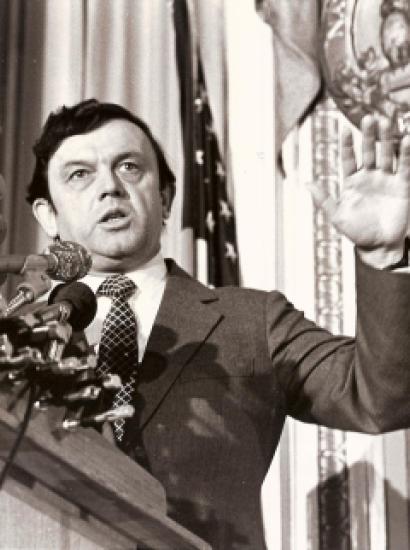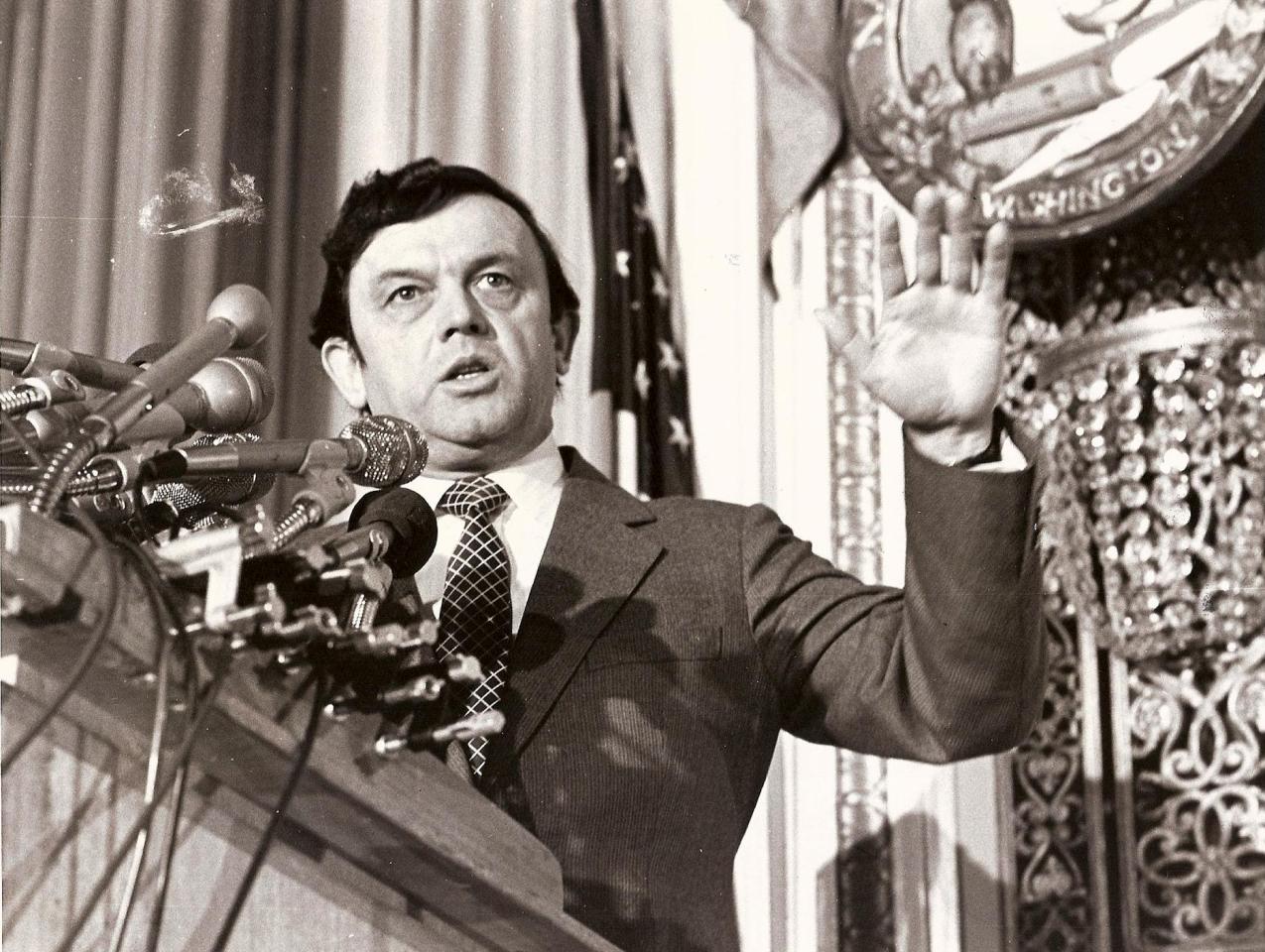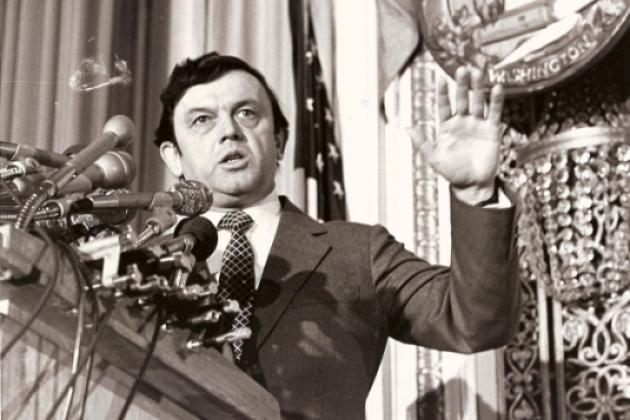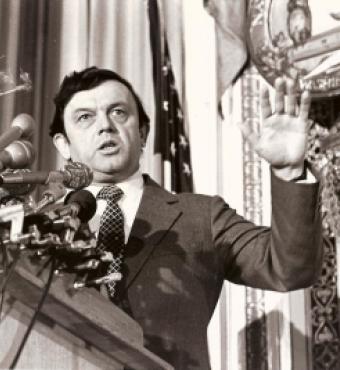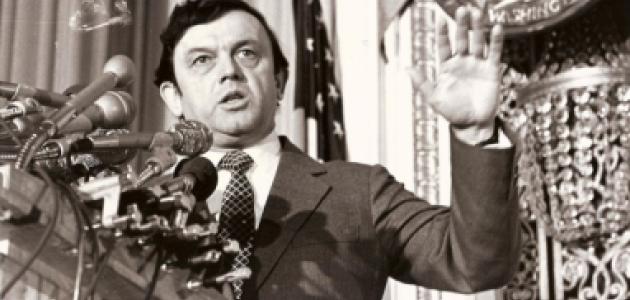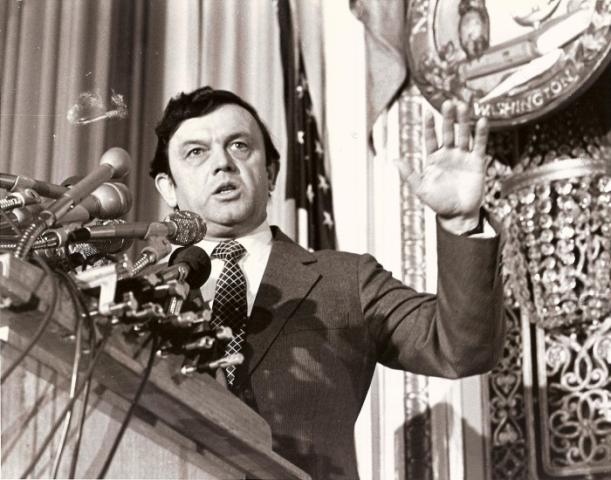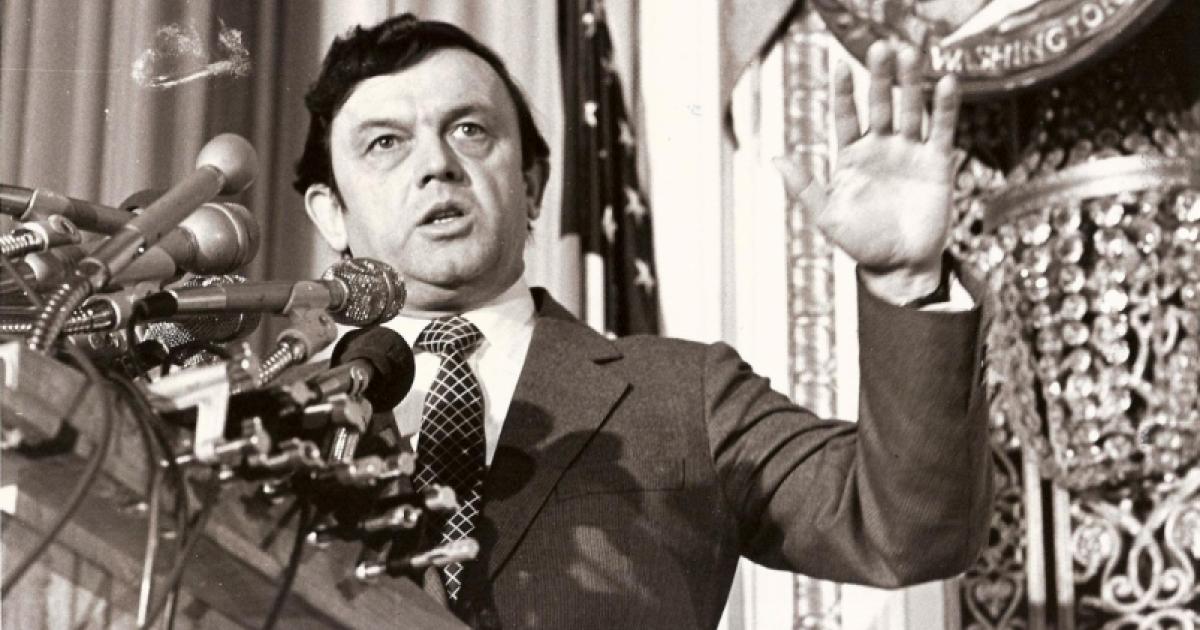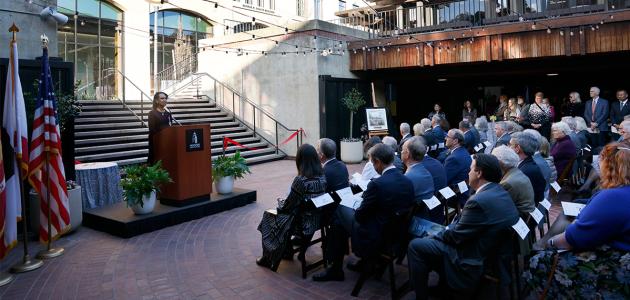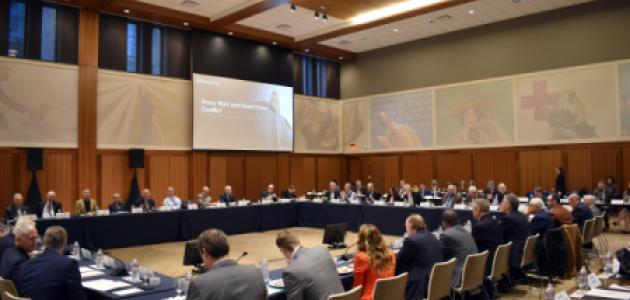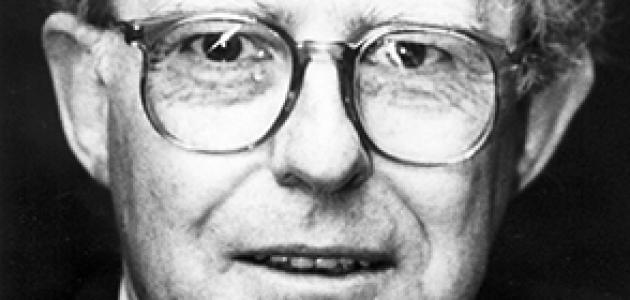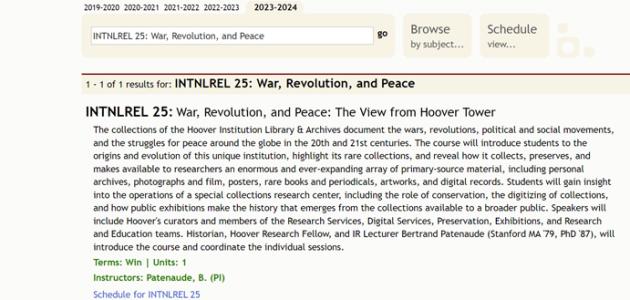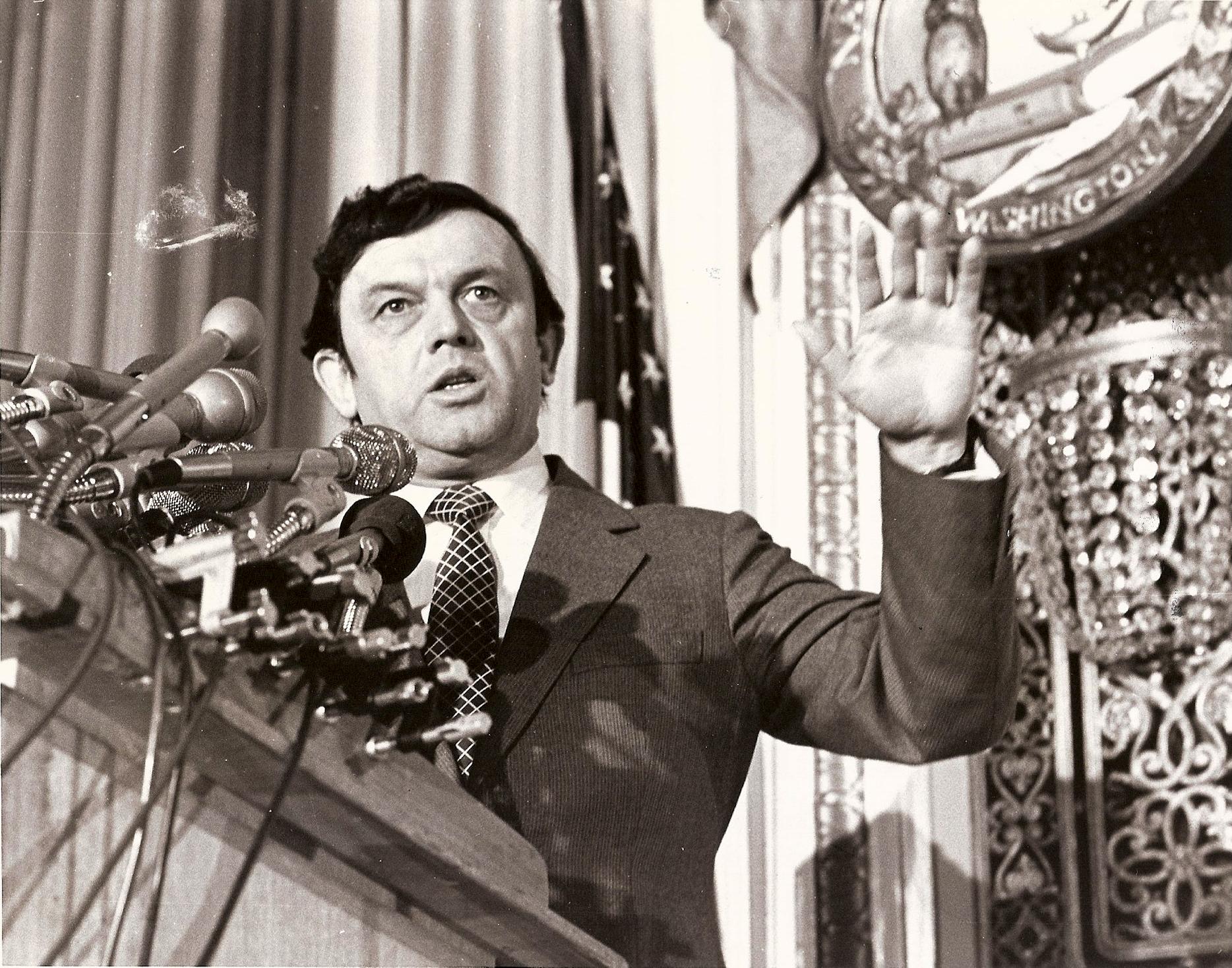
In December 1981, when Poland’s communist authorities declared martial law and arrested thousands of Solidarity activists, two distinguished Polish diplomats protested by renouncing their allegiance to the Moscow-dominated government in Warsaw and seeking political asylum in the United States. One was Romuald Spasowski, ambassador to the United States; the other was Zdzisław Rurarz, Poland’s ambassador to Japan. The Spasowski papers came to Hoover nearly two decades ago, the Rurarz archives only now. That both collections ended up here and not in Poland or elsewhere reflects the donors’ confidence in the strength and the credibility of the Hoover Archives, which are already home to the largest and most comprehensive holdings on modern Poland outside Poland.
Zdzisław Maciej Rurarz was born in 1930 in Pionki, a small town south of Warsaw. He joined a communist youth organization at sixteen and the Polish United Workers’ Party (PUWP) several years later. He earned degrees in economics, and taught at the Warsaw School of Economics through the 1970s, and for a while served as economic adviser to the first secretary of the PUWP, Edward Gierek. By the time Rurarz was appointed ambassador to Japan, however, he was thoroughly disillusioned with communism and Poland’s role as a Soviet dependency. The rise of the Solidarity trade union and the looming threat of a military crackdown hastened his decision to defect. After contacting US diplomats in Tokyo, Rurarz made a daring escape to the US embassy, along with his wife and daughter. He was immediately declared a traitor and tried in absentia by a military court in Warsaw. The sentence was death, revocation of his Polish citizenship, and confiscation of all property. Ambassador Spasowski in Washington had received exactly the same treatment. Nevertheless, they were both free men, full of hope that truth and justice, represented by the Solidarity trade union, would eventually prevail.
When, after the negotiated 1989 “round-table” agreement between the communist regime and the opposition, and the first semifree elections in the Soviet bloc, Zdzisław Rurarz was again sadly disappointed. One bizarre and shameful act of the new, Solidarity-led government was a revising of the case against Rurarz, commuting his death penalty to twenty-five years in prison! Instead of embracing prominent Polish defectors such as Rurarz, Spasowski, and the CIA’s top agent in the Warsaw Pact, Colonel Ryszard Kukliński, the new Polish authorities regarded them as traitors. Eventually, the court annulled the sentence and declared complete “rehabilitation,” but Rurarz never reconciled himself to the strange mixture of the new and the old represented by the governments of postcommunist Poland and its political elites.
He never went back to Warsaw and spent his remaining years writing and speaking his mind, mostly to émigré audiences. The Rurarz papers consist mostly of his articles and other publications, speeches, and interviews, as well as correspondence, virtually all from the period after his defection. Rurarz’s death in 2007 was practically unnoticed by the Polish media. The only public recognition he received was from the US ambassador to Warsaw, Victor Ashe: “Ambassador Rurarz was a man of unswerving principles, who during a time difficult for Poland made a tough decision to steadfastly defend his convictions, and who will be remembered because of his courage.”
For additional information, contact Maciej Siekierski, at siekierski@stanford.edu.




